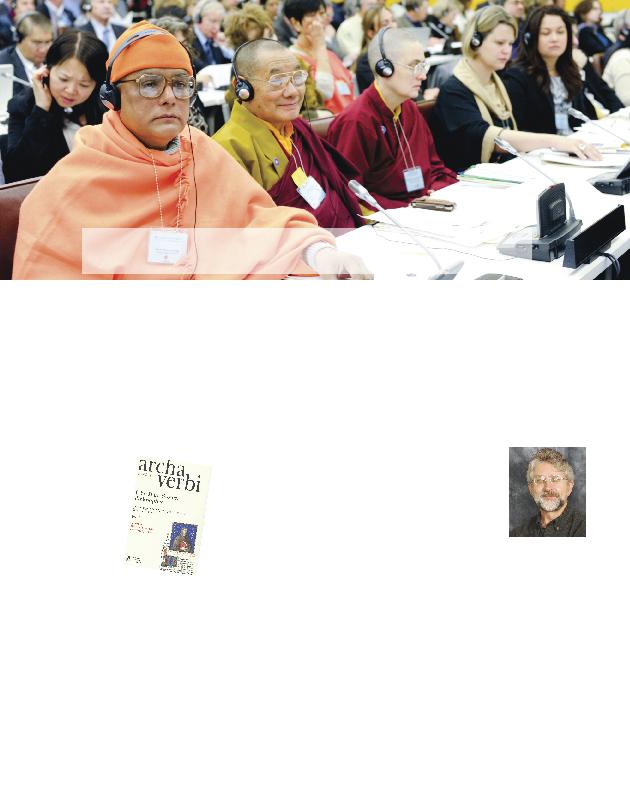
happiness in students and teaching happi-
ness literacy, Dr. Charles Walker was in-
United Nations.
ogy, was chosen to take part in
the United Nations discussion ti-
tled "Happiness & Well-being:
Defining a New Economic Para-
digm" April 2 in the UN's New
York City headquarters. Walker,
who received the invitation from
the Prime Minister of Bhutan, believes he was called
to do the presentation because of his website,
www.wellbeingincollege.org, and two articles he pub-
lished recently in the Journal of Positive Psychology.
Walker said. "It's a website on positive psychological
health and well-being in higher education. It's being
used by people all over the world."
alytics to see what pages are being frequented and by
what areas of the world.
using my website regularly. They liked what they saw
and it probably helped out with what they were
doing," he said.
who met at the United Nations to identify the measures required for an economic paradigm that incorporates
social and environmental progress in efforts to achieve sustainable development. (See story below)
(2007-2009), which celebrated
the 700th anniversary of his
death, as well as by several pub-
lications.
to Cardinal Meisner, Archbishop
of Cologne, Pope Benedict XVI
wrote: "We think that the doc-
trine of the blessed [Duns Sco-
tus] ... in our times should be
researched and
taught with utmost
diligence."
included a com-
memorative vol-
ume of
Franciscan
Studies (2008),
for which the
commemora-
tive section on Scotus was ed-
ited by Bychkov, and four
volumes of proceedings from
the Quadruple Congress.
valed in its influence, among
medieval thinkers, only by that
of Thomas Aquinas. Although
it is Aquinas' thought that is
more widely known to the pres-
ent-day general public, many
theological and philosophical
discussions in the 20th century
in the Catholic circles revolved
with Scotism in discussing such
important topics as the nature
of God, being, human knowl-
edge, etc., Bychkov said. Scotus
was commonly presented as a
forerunner of modern German
Idealist philosophy and even of
some trends in 20th century
phenomenology, and influenced
several important contemporary
thinkers, such as Heidegger.
for a more palatable reading of
the difficult thought of the Sub-
tle Doctor.
Oxford lectures of Scotus is
available in English in their en-
tirety, and the Paris lectures not
even in a Latin edition, the
project will significantly advance
work in the areas of the history
of medieval philosophy and the-
ology.